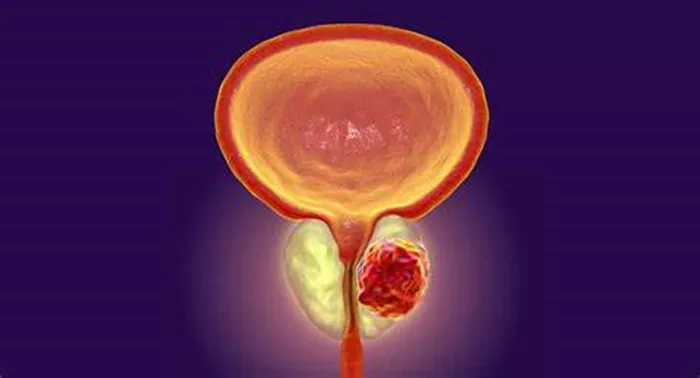As prostate cancer advances, its aggressive nature becomes increasingly challenging to manage, often leading to metastasis. With high mortality rates worldwide, prostate cancer stands as the second most common cause of cancer-related deaths in men. In a recent international study spearheaded by Lukas Kenner from MedUni Vienna and Sabine Lagger from Vetmeduni Vienna, a protein has been pinpointed that could potentially impede tumor growth. Published in the esteemed journal “Molecular Cancer,” these findings offer a promising avenue for therapeutic development.
The intricate molecular mechanisms underlying the progression of prostate cancer remain incompletely understood by the scientific community. One protein, JUN, has garnered significant attention as a potential instigator of tumor growth.
“Numerous studies have highlighted the overproduction of JUN in cancer, suggesting a correlation between elevated JUN levels and tumor proliferation,” explains Lukas Kenner, shedding light on the rationale behind the study.
Collaborating with national and international partners, the research unveiled a surprising revelation regarding prostate cancer progression: contrary to expectations, heightened levels of JUN appeared to decelerate rather than accelerate tumor growth, as evidenced by investigations using mouse models and clinical samples.
Conversely, the absence of the protein correlated with accelerated tumor growth.
JUN’s pivotal role in gene activation and various cellular processes, including cell growth, was identified as early as the 1980s.
“Our research indicates that JUN significantly influences prostate cancer regulation by modulating the body’s immune response,” elucidates Sabine Lagger from Vetmeduni Vienna’s Department of Laboratory Animal Pathology, underscoring the ongoing explorations into these connections.
The absence of JUN impairs the recruitment of specific immune cells within the tumor microenvironment, consequently fostering accelerated cancer growth.
These findings shed light on the diminished responsiveness of prostate cancer to immune therapy and offer insights into reactivating local immune responses.
Prostate cancer remains the most prevalent cancer among Austrian men, with approximately 6,000 new cases and 1,300 deaths reported annually. While localized tumors are generally treatable, around 20% of patients develop metastatic prostate cancer, posing significant treatment challenges.
“Our study suggests that activating JUN could hold promise as a therapeutic strategy to mitigate prostate cancer progression,” summarize Sabine Lagger and Lukas Kenner, emphasizing the significance of their research in guiding future investigations and potential therapeutic interventions.
[inline_related_posts title=”You Might Be Interested In” title_align=”left” style=”list” number=”6″ align=”none” ids=”10072,10068,10065″ by=”categories” orderby=”rand” order=”DESC” hide_thumb=”no” thumb_right=”no” views=”no” date=”yes” grid_columns=”2″ post_type=”” tax=””]

































